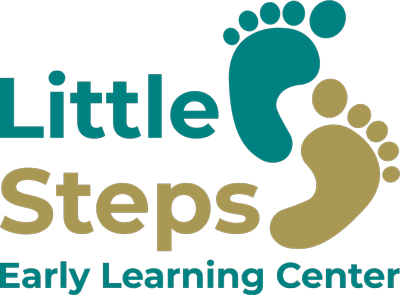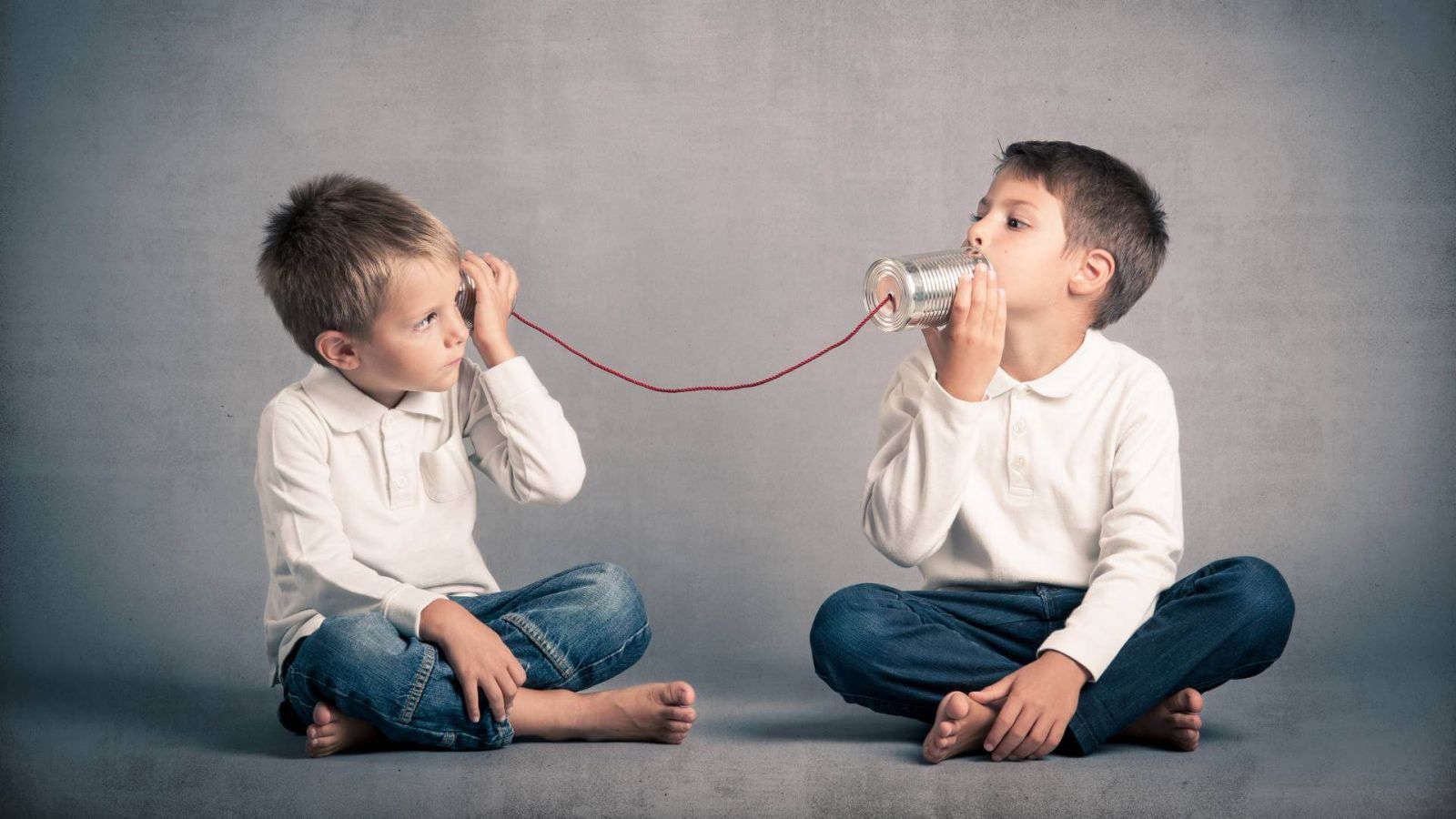As the world becomes increasingly digital, it's more important than ever to connect young children with nature. Preschoolers are at the perfect age to begin exploring the natural world around them, and there are numerous benefits to incorporating outdoor learning into their daily routines. In this article, we'll explore the benefits of exploring nature with preschoolers and offer tips for creating meaningful outdoor experiences.
Benefits of Outdoor Learning
Outdoor learning provides numerous benefits for young children. Here are just a few:
Physical development: Outdoor play encourages physical activity and helps children develop gross motor skills, balance, and coordination.
Cognitive development: Nature provides endless opportunities for exploration and discovery, which can stimulate children's curiosity and foster problem-solving skills.
Emotional development: Spending time in nature has been linked to reduced stress and improved mental health, which can benefit children's emotional well-being.
Environmental awareness: Exploring nature can help children develop a sense of wonder and appreciation for the natural world, which can lead to a lifelong commitment to environmental stewardship.
Creating Meaningful Outdoor Experiences
Here are some tips for creating meaningful outdoor experiences for preschoolers:
Make it a regular part of the routine: Incorporate outdoor time into the daily routine so that children come to expect and look forward to it. This could be a daily nature walk, outdoor playtime, or even an outdoor snack time.
Follow children's interests: Let children lead the way in exploring nature. Follow their interests and encourage them to ask questions and make observations.
Encourage hands-on exploration: Provide opportunities for children to touch, smell, and interact with the natural world. This could be through sensory bins, gardening activities, or nature art projects.
Incorporate science and math: Use outdoor experiences as opportunities to introduce science and math concepts. For example, children can explore the properties of water by playing in a stream or count the number of different types of flowers they find on a nature walk.
Provide unstructured playtime: Children need unstructured playtime to explore and discover on their own. Provide opportunities for free play in nature, such as climbing on rocks or playing in a sand pit.
Be prepared: Make sure children are dressed appropriately for the weather and that you have any necessary supplies on hand, such as sunscreen, bug spray, and water bottles.
Emphasize safety: Safety is always a top priority when working with young children. Make sure children understand the rules and boundaries for outdoor play and supervise them closely.
Ideas for Outdoor Activities
Here are some ideas for outdoor activities that preschoolers will love:
Nature scavenger hunt: Create a list of items for children to find on a nature walk, such as a pinecone, a feather, or a leaf of a certain color.
Nature art: Encourage children to collect natural materials and use them to create art. This could be a leaf rubbing, a flower collage, or a nature sculpture.
Sensory bins: Fill a bin with natural materials such as sand, rocks, and leaves and provide tools for children to explore and play.
Gardening: Plant a garden with children and teach them about the growth process. Children can water the plants, dig in the soil, and observe the changes over time.
Nature games: Play games that encourage children to explore and interact with nature, such as "I Spy" or "Nature Bingo".
Exploring nature with preschoolers is a valuable way to support their physical, cognitive, and emotional development. By providing meaningful outdoor experiences, we can help children develop a sense of wonder and appreciation for the natural world.


